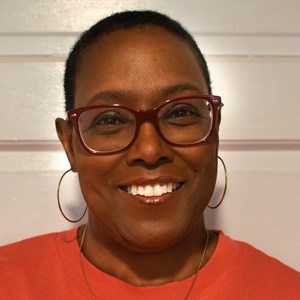Alright…Mr. Death. See now…I’m gonna tell you what I’m gonna do. I’m gonna take and build me a fence around this yard. See? I’m gonna build me a fence around what belongs to me. And then I want you to stay on the other side…
August Wilson
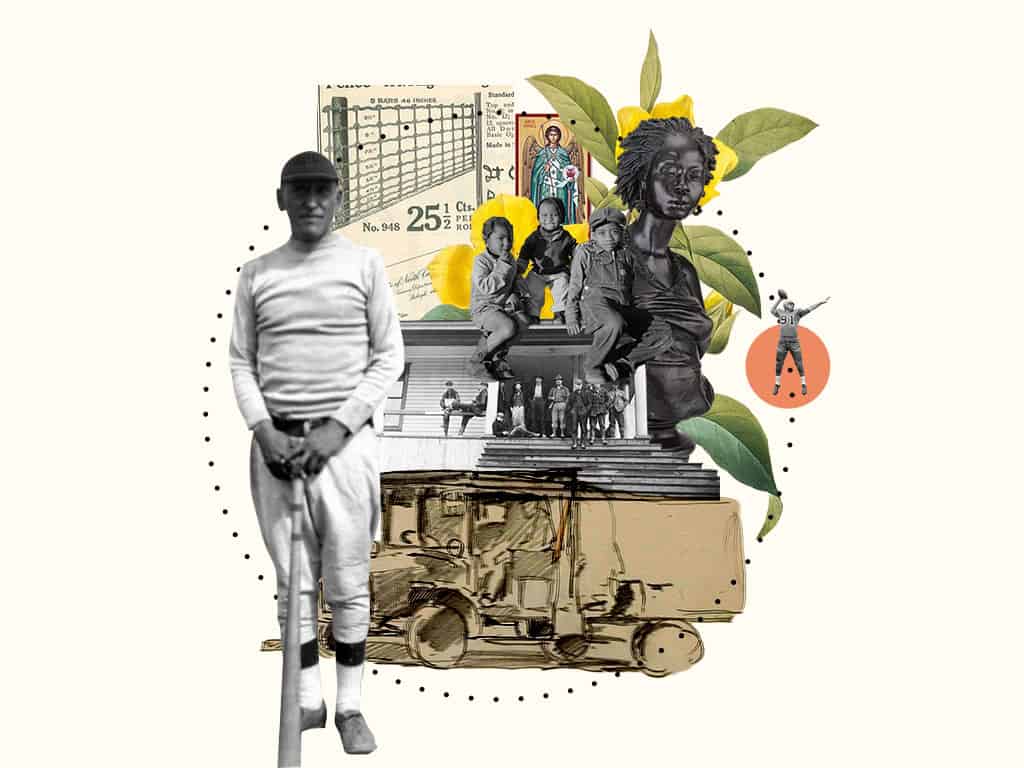
Fences
August Wilson
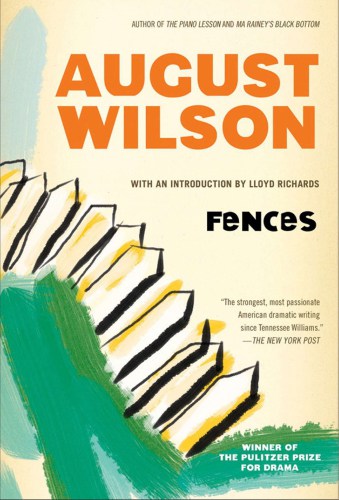
Wilson, August. Fences . Plume, Reissue ed.
At the heart of this story is a man who is afraid of and distrustful of change.
Fences is the story of Troy Maxson and his family navigating the changing times between the 50s and the 60s. At the heart of this story is a man who is afraid of and distrustful of change. He spend a lot of time with his friend Bono discussing the past and the opportunities he was denied, including a chance to move from the Negro Leagues to the Major Leagues, as a result of racism. He can’t fathom that times have changed to the point that someone would offer his son a scholarship to college to play football. Troy believes in what he can see. Work. He refuses to allow his son the time to perform for the scouts in his own misguided effort to protect him. In addition, Troy feels a significant amount of guilt over using his brother’s mental condition to help buy the house he lives in. Ultimately, Troy makes decisions that alienate him from his family and friends, leaving him with the one thing he fears most of all, being alone.
Why This Text is Transformative?
His failings are human failings.
Fences is a book about inevitability of change and adaptability. It’s about the choices we make when faced with the inevitable. But Troy is also a man in progress. His failings are human failings. It is a play about the enduring promise of family
A Focused Selection
Study Questions
Day 1 – Act 1
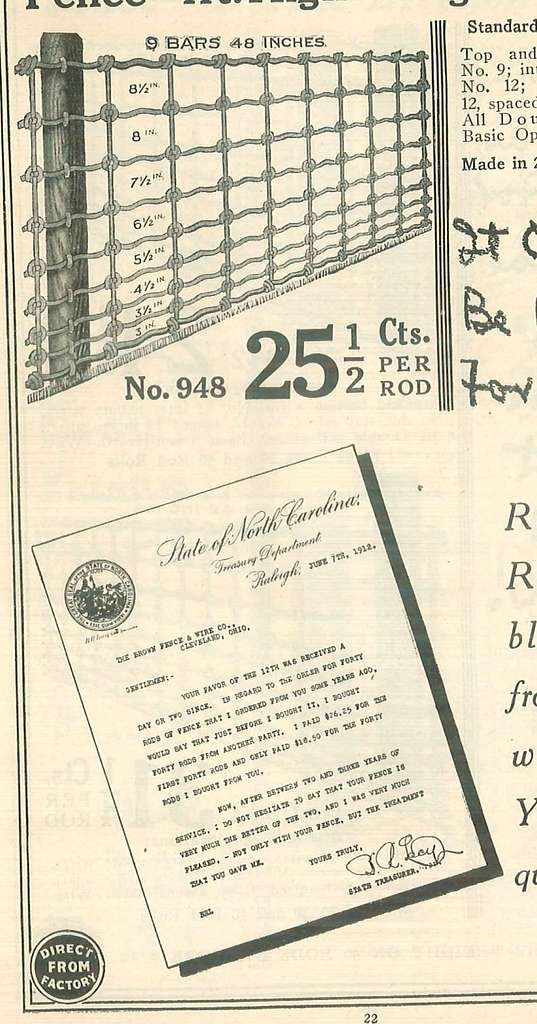
This play is short and can be done in its entirety over two days.
Day 1 – Act 1
In Act One we meet Troy Maxson, his friend Bono, Troy’s wife, his two sons, and his brother Gabriel. When the play opens, it is Friday night, and Troy and Bono are in Troy’s yard, drinking and talking. We learn that Troy and Bono work on the rubbish trucks as lifters, and Troy has made a complaint against the city because there aren’t any Black drivers. Troy is a born storyteller and regales Bono and his wife and oldest son with stories of meeting and beating Death and the Devil at their own game.
He and his youngest son Cory have a tense relationship. Cory is a child of the changing 50s, feeling less bound by his specific circumstances than his father, they are always at odds about the present and the future. Cory has an opportunity to be recruited by a college football team in North Carolina, an opportunity with Troy sabotages under the guise of teaching Cory a lesson about telling the truth.
Class 1
1) Troy’s attitude about Cory’s opportunity to play football comes from his own experiences with professional sports. Do you think Troy was right to encourage Cory to learn a trade as opposed to taking this opportunity? Have you ever wanted something only to have someone else stand in the way of achieving it? How did you respond?
2) Troy loves to tell a good story. What kinds of stories do you tell or listen to? Who tells them if not you, and how do they help you make decisions?
3) Cory asks his father “Why don’t you like me?” to which Troy offers a passionate response. Are you a parent? How do you feel about Troy’s response?
Study Questions
Day 2 – Act 2
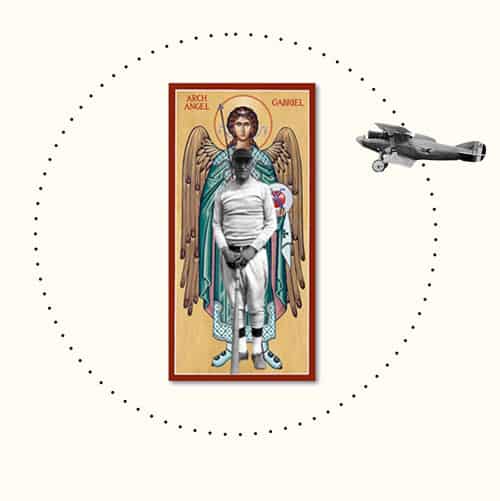
Day 2 – Act 2
Act two begins with Troy’s confession that he is having an affair and that the woman is pregnant with his child. Also in Act 2, Troy allows Gabe to be committed and takes half of his paycheck. Troy loses his mistress in childbirth and brings the baby to Rose to help him raise. He and Cory have their final showdown. The play ends when they all return for Troy’s funeral.
Class 2
1) After Alberta dies, Troy brings his daughter home to Rose and asks for her help in raising the child. Rose is in an impossible situation. She can’t really afford to leave (and maybe some small part of her doesn’t want to), but staying means publicly acknowledging her husband’s infidelity. Have you ever been faced with two difficult decisions? How did you decide what to do?
2) Cory and Troy have their final showdown. Consider this scene with the story Troy tells about his own entry into manhood. Must the rite of passage into manhood include violence?
3) Throughout the novel Gabriel is presented as childlike and incapable of understanding complex ideas. We know that he sustained injuries from his time in the war and has a metal plate in his head. We also know that he believes that he is the Archangel Gabriel and is preparing to help St. Peter open the gates. Throughout most of the play, we assume what the rest of the characters assume, that Gabriel is what everyone thinks he is. But then there is the ending where “He begins to howl in what is an attempt at song, or perhaps a song turning back into itself in an attempt at speech. He finishes his dance and the gates of heaven stand open as wide as God’s closet.”
4) Do you know someone who appears one way to people, but who may actually be the exact opposite of others assume?
Building Bridges
A Recommended Pairing
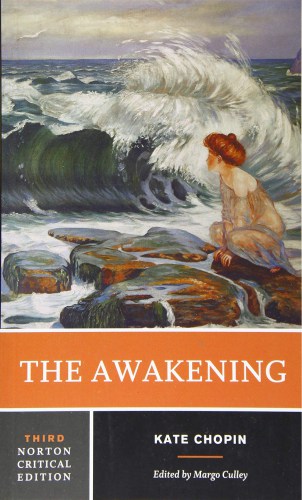
A Vindication of the Rights of Woman pairs well with Kate Chopin’s The Awakening. How does Wollstonecraft’s text provide us with a lens to understand Edna and Leonce’s marriage? How does Wollstonecraft’s discussion of virtue, reason, and education help to explain Edna’s sense of dissatisfaction with her life as well as the failures she meets with in her relationships? Do any of Wollstonecraft’s warnings about an uneducated mother resonate in Chopin’s depiction of Edna?
Supplemental Resources
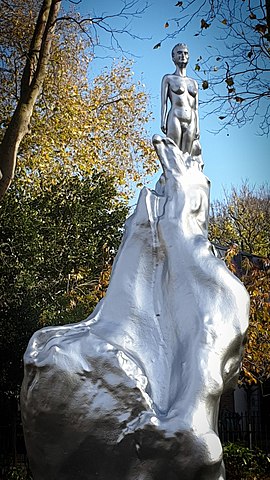
A Sculpture to Mary Wollstonecraft in Newington Green, London. It was sculpted by British artist Maggi Hambling. It was unveiled on November 10, 2020.By Grim23 - Own work, CC BY-SA 4.0
What did Mary Wollstonecraft write about in A Vindication of the Rights of Woman?
Dangerous Minds Episode 4 - Mary Wollstonecraft
Text Mapping
Discipline Mapping
English/Composition Studies
Humanities
History
Area Studies
Page Contributor
